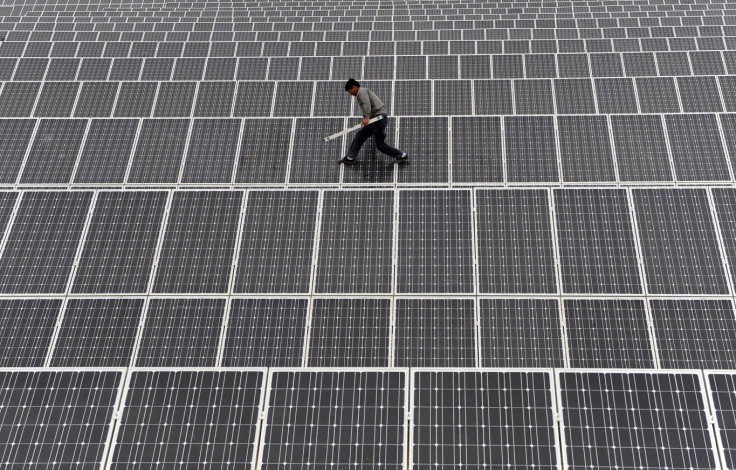Queensland company to build Australia's largest solar farm, creates 450 jobs

A Queensland company proposes to build the largest solar farm in Australia amounting to $2 billion. The facility is expected to eventually supply at least 15 percent of power needs in south-east Queensland and would create 450 jobs during construction.
Solar Q lodged a development application with the Gympie Council in order to build a solar farm and battery storage facility 30 kilometres north-west of the city. According to ABC, the project would be built in stages. A350-megawatt facility is expected to be built initially as soon as approval is granted.
It will go as high as 800 megawatts after four years. It aims to produce enough electricity that could power at least 315,000 homes.
Managing director Scott Armstrong said the facility is set to be the biggest in the country, but "the way the market is going is that there will be bigger projects that will come on.” He said the project will meet at least 15 percent of south-east Queensland's energy requirements from the 4,000 megawatt hours of energy storage, as well as solar panels.
He added that the solar farm would provide power to the electricity grid through a substation at Lower Wonga. Kilkivan, Gympie and Palmwoods on the Sunshine Coast will receive supply of energy. Armstrong said it would be a significant connection point as it would also cover the Caboolture, Beerwah areas and also feed into north Brisbane, north back up into Gin Gin and back up into Central Queensland.
Gympie Mayor Mick Curran described the proposed largest solar farm in the country as the “most significant project ever planned” for the region. He clarified though that it is required to obtain council and state approvals.
With the liaison that took place between Solar Q and the town planners, Curran said there doesn't appear to be any great obstacles against the plan. He said he would personally look forward to seeing all the approvals come to completion.
Armstrong assured that the solar plant will produce minimal noise, no particulates from chimney stacks and no ash dams because both solar and battery storages are a static generation facility. He said the company is confident that getting approvals would not be a problem.
As soon as approvals are granted, Armstrong expects the connection agreement with the transmission company will be completed. Private investors fund the project and superannuation management funds will also be utilised with work slated to start before the year ends.
abcqanda/YouTube
Read More: Australia returns to the satellite business with 'cubesats'
Turnbull reinstates more gas for Australia in second meeting with industry heads





















